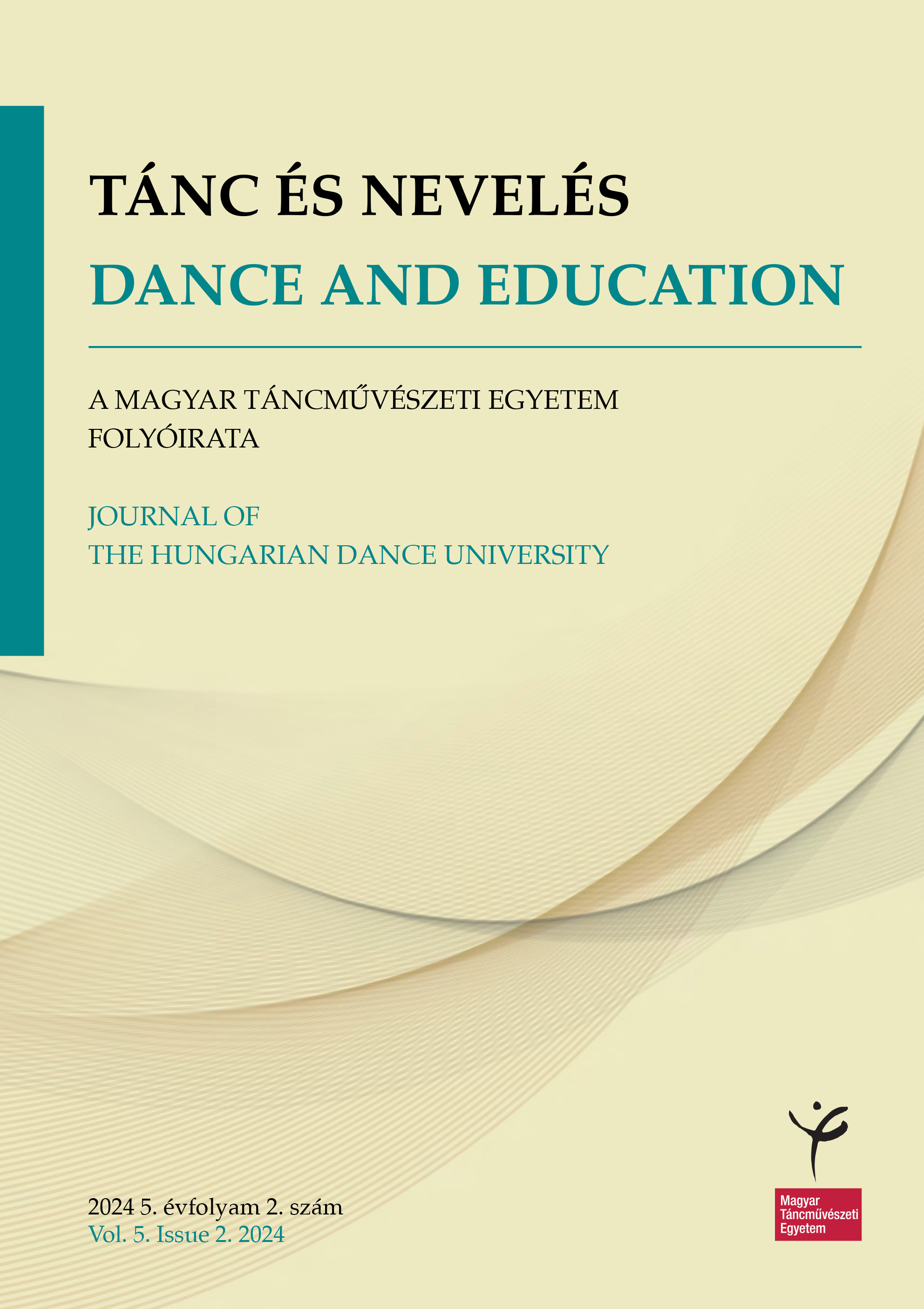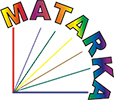A hangrögzítés szerepe a századforduló enkulturációs folyamataiban Bartók Béla pedagógiai tevékenységein keresztül
Zene- és táncpedagógiai értelmezések
Absztrakt
A 20. században megjelent hangrögzítő eszközök nemcsak a technológiai fejlődés terén jelentettek áttörést, hanem életünk mélyebb rétegeit is radikálisan átalakították. Daru (2022) első tanulmánya bemutatta az írott és rögzített zene közötti különbségeket, valamint a hangrögzítés antropológiai hatásait. Jelen tanulmány célja a nevelési folyamat filozófiai-antropológiai elemzése Kron (2003) nyomán, az enkulturáció és szocializáció keretei között. A dolgozat első része a hangrögzítés kulturális, társadalmi és művészeti hatásait vizsgálja, míg a második rész a zene- és táncpedagógiai folyamatokat elemzi összehasonlító módon. Az utolsó fejezetekben Bartók munkásságát követve a népzene, tánckultúra és a 20. századi pedagógia összefüggéseit tárgyalom. A tanulmány célja elméleti alapvetések megfogalmazása a további kutatások számára.
Copyright (c) 2024 Andrea Daru

This work is licensed under a Creative Commons Attribution 4.0 International License.







2.png)
